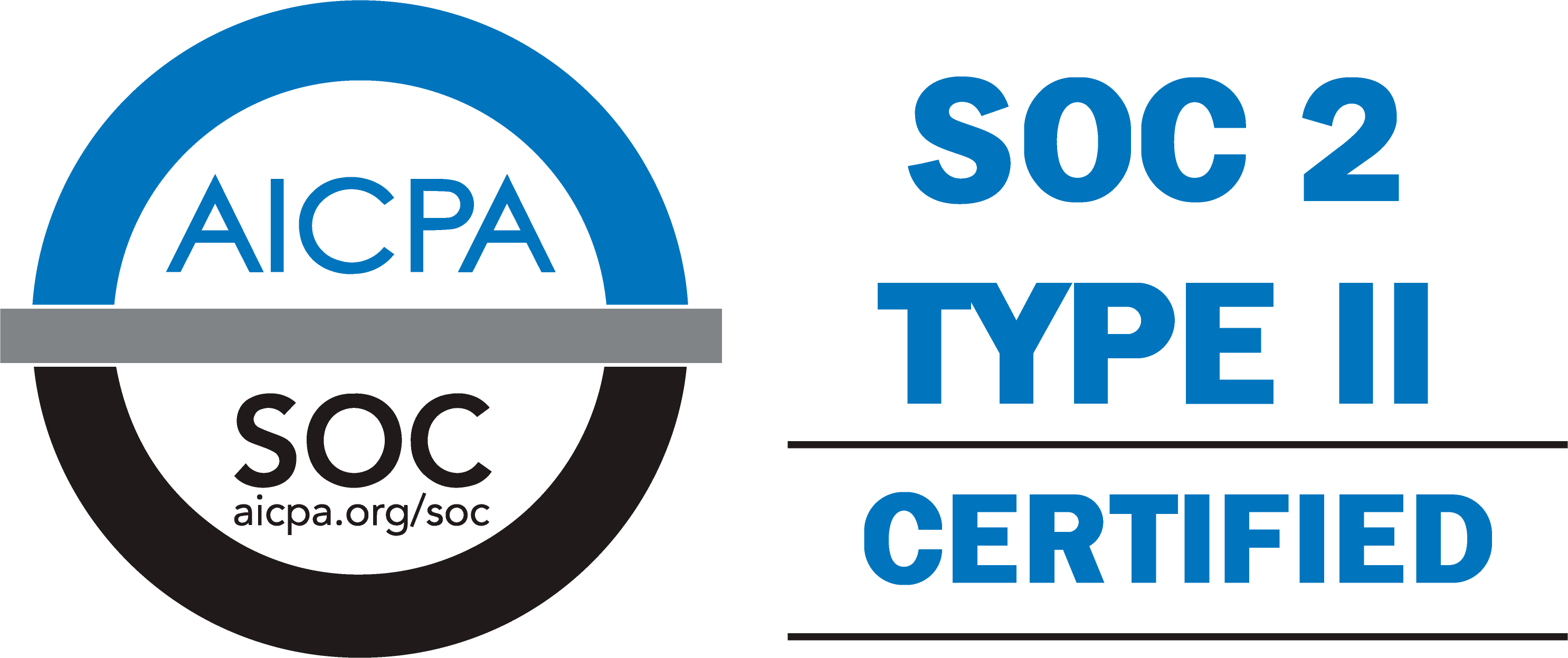|
March 30, 2023 |
Categories: Informative Articles |
Racial Disparities in Postpartum Pain Management
When a woman goes to the hospital to give birth in the United States, she should be able to expect the same level of care as any other patient. Sadly, that isn’t the reality of the situation.
Studies have shown that in the United States, there is a major difference in how pain is assessed, managed and treated depending on a patient’s race. As researchers continue to work on identifying the causes of these racial disparities, study after study has shown that these inequities include postpartum pain management.
One study found that while in the hospital postpartum, Hispanic and non-Hispanic Black women reported higher pain scores than non-Hispanic White women but received significantly fewer morphine milligram equivalents per day. They also were less likely to take home an opioid prescription.
Another study specifically measured pain assessment and treatment in women after c-sections and whether those differed by patient race and ethnicity. The researchers found that Black and Hispanic women reported severe pain at significantly higher rates than non-Hispanic White and Asian women. In addition, non-Hispanic White women had their pain assessed more frequently and received more narcotic medication than Black, Asian and Hispanic women after their c-sections.
A study published by the Journal of Clinical Gynecology & Obstetrics that measured racial, ethnic and primary language disparities in pain assessment, scores and medication following cesarean birth found similar results.
The Kaiser Family Foundation reported that barriers to care and insurance coverage play a role in racial disparities in overall maternal and infant health. So do complex social and economic inequities, including economic stability, neighborhood and physical environment, education, food, community, safety, social context, and the healthcare system, which are all rooted in ongoing and historic structural and systemic racism and discrimination.
The Centers for Disease Control and Prevention and government representatives are working on long-term solutions to this crisis. The White House Blueprint for Addressing the Maternal Health Crisis is a holistic governmental approach to reducing pregnancy, childbirth and postpartum complications, improving health outcomes, and combating maternal morbidity and mortality.
The Black Maternal Health Caucus is also working to address the issue. The caucus sponsored a federal legislative package called the Black Maternal Health Momnibus Act of 2021 that addresses the country’s maternal health crisis.
Despite the ongoing legislative efforts to address these disparities, they continue to have an impact into the fourth trimester and beyond. Moms and babies cannot wait on the results of those efforts and deserve quality and equity in the health care they are receiving. Lucina’s predictive analytics enable healthcare providers to identify barriers early and target the right care to deliver the best outcomes for all moms and babies. Lucina’s SOC-2 Type 2 certified predictive analytics platform collects key data starting in the first trimester all the way through the ‘fourth trimester’, the first 12 weeks after birth, to empower healthcare providers and health plans to best support patients of all races and ethnicities postpartum.
For more information about our predictive analytic tool and care services, contact us here. And don’t forget to follow us on LinkedIn and Twitter.



